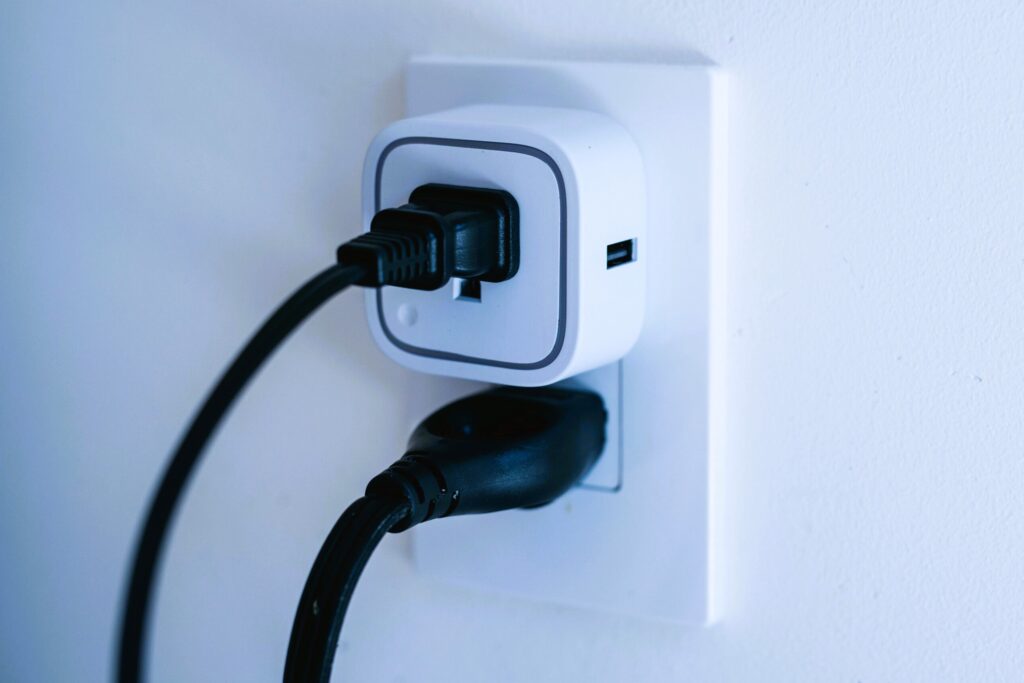As homeowners strive for more comfortable living environments, energy efficiency has become a top priority. Smart home heating systems offer a solution that combines enhanced comfort with reduced energy consumption. By leveraging advanced technologies and automation, these systems optimize heating performance and provide a range of features that allow homeowners to customize and control their indoor climate. In this article, we will explore how smart home heating enhances comfort while minimizing energy usage.
- Customized Temperature Control
Smart home heating systems enable homeowners to have precise control over the temperature in each room or zone of their house. With the use of smart thermostats, heating can be customized based on individual preferences and daily routines. For example, you can schedule different temperature settings for different times of the day or even adjust the temperature remotely using a mobile app. This level of customization ensures that you can maintain a comfortable indoor environment while avoiding unnecessary energy consumption.
- Zone Heating
Zone heating is a feature offered by many smart home heating systems that allows homeowners to divide their house into different zones and independently control the heating in each zone. This feature is particularly beneficial for larger homes or multi-level buildings, as it enables heating only in occupied areas, rather than wasting energy on unoccupied or rarely used spaces. By selectively heating zones, you can optimize energy usage and focus on providing warmth and comfort where it is needed most. Like the article? We also recommend reading Benefits of window film.

- Learning Capabilities
Smart home heating systems often incorporate learning capabilities that adapt to homeowners’ preferences and behaviors. These systems analyze patterns of temperature adjustments, occupancy, and external factors to automatically adjust heating settings. Over time, the system learns your preferences and anticipates your heating needs, creating a comfortable indoor environment without manual intervention. By learning and adapting, smart home heating systems optimize energy usage and reduce heating-related costs.
- Integration with Other Smart Devices
Smart home heating systems can integrate with other smart devices and systems, creating a cohesive and efficient home automation ecosystem. Integration with devices such as smart thermostats, occupancy sensors, and window coverings allows for seamless coordination and optimized energy consumption. For instance, the system can adjust heating based on occupancy data from sensors or reduce heat loss by coordinating with smart window coverings. This integration enhances comfort, maximizes energy efficiency, and ensures that heating is only utilized when and where it is needed.
To learn more about standardization efforts in the field of smart home technology, you can refer to the relevant Wikipedia page on home automation: Wikipedia – Home Automation.
- Energy Monitoring and Efficiency Insights
Smart home heating systems often include energy monitoring features that provide real-time data on energy consumption. This information allows homeowners to track and analyze their heating usage, identifying opportunities for energy savings. Energy monitoring can provide insights into heating patterns, highlight areas of high energy consumption, and help identify potential energy-saving adjustments. By understanding how and when energy is being consumed, homeowners can make informed decisions to minimize waste and optimize efficiency.
- Weather Integration
Many smart home heating systems offer weather integration features, allowing them to adapt heating settings based on weather conditions. By accessing local weather data, the system can adjust heating levels in response to temperature changes or weather forecasts. For example, if an unexpectedly warm day is predicted, the system can lower the heating intensity to conserve energy. By incorporating weather information into heating control, smart home systems ensure efficient and adaptive heating operation.
- Compatibility with Energy Efficiency Standards
Smart home heating systems often comply with energy efficiency standards and regulations, making them a reliable choice for homeowners seeking to reduce energy consumption. These systems are designed to meet or exceed industry standards for energy efficiency, ensuring that they operate with optimal performance. By selecting a system that complies with recognized energy efficiency standards, homeowners can have confidence in the system’s ability to deliver energy savings while enhancing comfort.
- Cost Savings and Return on Investment

Investing in a smart home heating system can lead to significant cost savings over time. By optimizing energy usage and reducing waste, homeowners can experience lower heating bills and overall energy costs. While the upfront cost of installing a smart home heating system may be higher compared to traditional heating systems, the long-term savings and return on investment are substantial. The energy savings achieved through smart heating automation can offset the initial investment, making it a cost-effective solution in the long run.
- Environmental Sustainability
Reducing energy consumption is not only beneficial for homeowners’ wallets but also for the environment. By optimizing heating performance and minimizing energy usage, smart home heating systems contribute to environmental sustainability. Reduced energy consumption translates into lower greenhouse gas emissions and a smaller carbon footprint. By embracing smart heating technology, homeowners can play an active role in preserving natural resources and mitigating the impacts of climate change.
- Improved Comfort and Convenience
Ultimately, smart home heating systems are designed to enhance comfort and convenience. By maintaining consistent and personalized heating levels, homeowners can create a comfortable indoor environment tailored to their preferences. The ability to control heating remotely, adjust settings with ease, and integrate with other smart devices adds convenience to daily life. Whether it’s waking up to a warm home in the morning or ensuring a cozy environment upon returning from work, smart home heating systems prioritize comfort and convenience.
In conclusion, smart home heating systems offer a range of benefits that enhance comfort while reducing energy consumption. By providing customized temperature control, zone heating, learning capabilities, integration with other smart devices, energy monitoring, weather integration, and compatibility with energy efficiency standards, these systems optimize heating performance. The cost savings, environmental sustainability, and improved comfort provided by smart home heating systems make them a valuable investment for homeowners seeking to create a more efficient and comfortable living environment.
